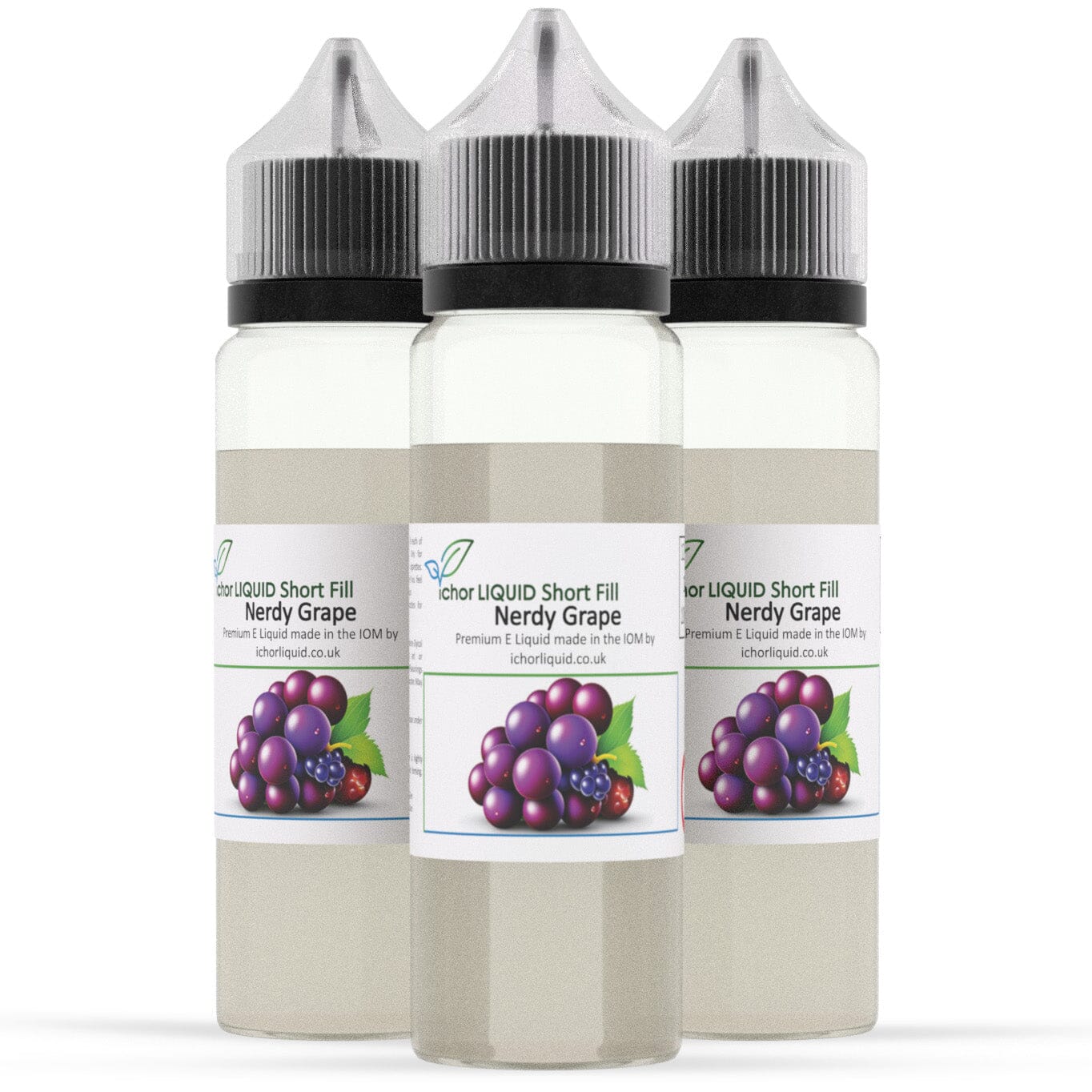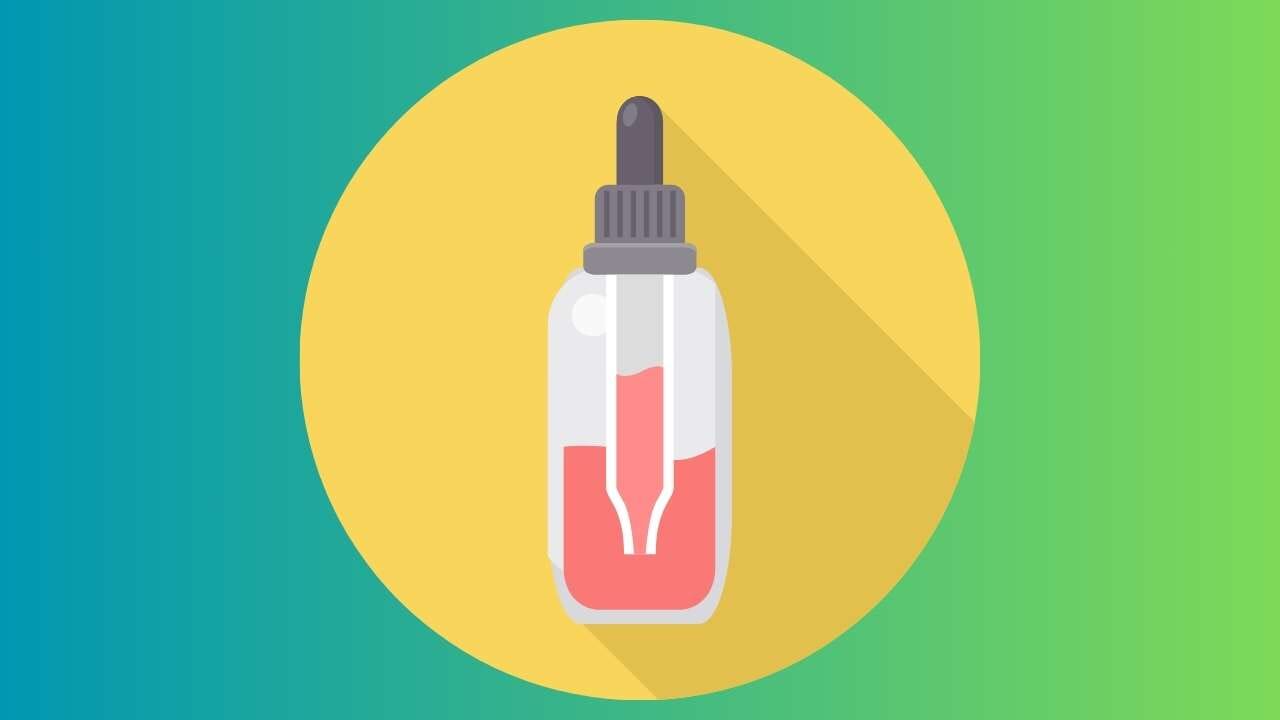How Long Does It Take for Nicotine to Leave Your System
This is a question that many people ask when considering quitting smoking or using other nicotine products. Nicotine, a highly addictive substance found in cigarettes, vapes, and other tobacco products, can linger in the body long after the last use. The time it takes for nicotine to leave your system can vary depending on various factors such as how frequently you use nicotine, your metabolism, and the type of product used. Understanding how long nicotine stays in your systemis crucial for those looking to break free from the grips of this addictive substance and improve their overall health.
Key Takeaways:
- Nicotine leaves the system relatively quickly: Nicotine has a short half-life of about 2 hours, meaning it may take around 2-4 hours for the substance to leave your system.
- Metabolism affects clearance rate: Factors such as age, metabolism, frequency of use, and overall health can influence how long nicotine stays in your system.
- Urine tests show presence up to 3-4 days: Nicotine can be detected in urine tests for 3-4 days after the last use, but certain metabolites can be detected for up to 20 days.
- Blood and saliva tests have shorter detection periods: Nicotine is detectable in blood and saliva tests for about 1-3 days after use.
- Quitting smoking speeds up elimination: When a person quits smoking, nicotine and its byproducts will be flushed out of the system faster, typically within a few days to a week.
Understanding Nicotine
What is Nicotine?
One of the most widely known and highly addictive substances, nicotine is a psychoactive chemical compound found in tobacco plants. When tobacco is burned, nicotine is released in the form of a vapor that is inhaled into the lungs. This drug is famously present in cigarettes, cigars, and other tobacco products, leading to its significant contribution to the global tobacco epidemic.
What sets nicotine apart from other substances is its rapid absorption into the bloodstream, which then travels to the brain, producing a pleasurable sensation or "buzz." The addictive nature of nicotine is often underestimated, as tolerance can develop quickly, leading to increased consumption to achieve the same effects.
How Nicotine Affects the Body
To fully comprehend the effects of nicotine on the body, it's crucial to understand its mechanism of action. Nicotine works by binding to receptors in the brain, specifically the ones that regulate the release of neurotransmitters like dopamine. This interaction leads to an increase in dopamine levels, creating feelings of pleasure and reward.
Understanding the impact of nicotine on the body can help individuals recognize the significance of nicotine dependence. Aside from the immediate pleasure it brings, nicotine can also cause long-term health risks, including cardiovascular diseases, respiratory issues, and an increased risk of various types of cancer.
Nicotine Metabolism
Clearly, understanding how nicotine is metabolized in the body is crucial in determining how long it takes for nicotine to leave your system. The process of nicotine metabolism is complex and can vary based on several factors.
How the Body Processes Nicotine
Any time you smoke a cigarette or use a nicotine product, the nicotine is quickly absorbed into your bloodstream through the lungs or mucous membranes in the mouth. Once in the bloodstream, nicotine travels to the brain, where it exerts its effects on neurotransmitters, such as dopamine. The liver plays a significant role in metabolizing nicotine, breaking it down into various byproducts that are eventually eliminated from the body through urine.
Factors Affecting Nicotine Metabolism
With metabolism of nicotine, several factors can influence how quickly or slowly your body processes and eliminates nicotine. These factors include genetics, age, sex, liver function, and even the presence of other substances in your body, such as caffeine or alcohol. Perceiving how these factors interact can help predict how long nicotine may stay in your system.
Factors Affecting Nicotine Metabolism
Nicotine metabolism can also be affected by lifestyle choices, such as diet and exercise. Smoking frequency and the number of cigarettes smoked per day can impact how efficiently nicotine is metabolized. Additionally, individuals with certain medical conditions, such as liver disease, may have a slower metabolism of nicotine, leading to its prolonged presence in the body. Perceiving these factors is essential for understanding how long nicotine may affect your system.
Detection of Nicotine in the Body
Not sure how long nicotine stays in your system? Understanding the detection of nicotine in the body can provide clarity on this matter. Nicotine is metabolized in the liver into a substance called cotinine, which remains in the body for a longer period than nicotine itself. To learn more about the detection of nicotine and cotinine, check out Nicotine Cotinine (Urine) - Health Encyclopedia.
Testing for Nicotine
Nicotine can be detected in various ways, including through urine, blood, saliva, and hair tests. The most common method is testing urine for the presence of cotinine, the metabolite of nicotine. This test can show whether a person has been using nicotine products recently.
Timelines for Different Tests
Nicotine can typically be detected in urine for up to 3-4 days after use. Blood tests may show nicotine for up to 10 days, while saliva tests have a shorter detection window of 1-4 days. Hair tests are the most sensitive, detecting nicotine use for up to 90 days after the last exposure.
Timelines for different tests can vary based on factors such as the frequency of nicotine use, the individual's metabolism, and the sensitivity of the testing method. It is essential to note that nicotine addiction can have serious health implications and seeking help to quit smoking or using nicotine products is crucial for overall well-being.
Accelerating Nicotine Clearance
There are several ways to help your body eliminate nicotine more quickly, whether through natural detoxification methods or medical interventions discussed in this article
Natural Detoxification Methods
Natural detoxification methods can help your body clear out nicotine faster. Drinking plenty of water helps flush toxins from your system and can speed up the removal of nicotine. Eating a healthy diet rich in fruits and vegetables can also support detoxification. Exercise is another effective way to accelerate nicotine clearance as it boosts your metabolism and circulation, aiding in the elimination of toxins.
Medical Interventions and Therapies
Clearance of nicotine from your system can also be accelerated with medical interventions and therapies. Nicotine replacement therapy (NRT) such as patches, gums, or lozenges can help reduce withdrawal symptoms and gradually wean you off nicotine. Prescription medications like varenicline or bupropion can also assist in curbing nicotine cravings and aiding in the cessation process.
It is crucial to consult a healthcare provider before starting any medical interventions or therapies to ensure they are safe and appropriate for your individual needs and health condition.
Summing up
Hence, the duration for nicotine to fully leave your system can vary depending on factors like metabolism and frequency of use. Generally, it takes 2-3 days for nicotine to be eliminated from your body. To learn more about how long it takes for nicotine to leave your system, visit How Long Does It Take for Nicotine to Leave Your System?
FAQ
Q: How long does it take for nicotine to leave your system?
A: Nicotine can stay in your system for up to 3 days. However, traces of nicotine can be detected in saliva, blood, and urine for up to 3 weeks in some cases.
Q: What factors can affect how long nicotine stays in your system?
A: Several factors can influence how long nicotine remains in your system, such as the frequency of tobacco use, the amount of nicotine consumed, metabolism rate, age, and overall health.
Q: Can exercise help speed up the elimination of nicotine from the body?
A: Yes, engaging in physical activity can help accelerate the metabolism and elimination of nicotine from the body. Regular exercise can also reduce nicotine cravings during the withdrawal period.
Q: How does drinking water help in flushing out nicotine from the system?
A: Drinking plenty of water can aid in flushing out nicotine by promoting kidney function and increasing urine production. Staying hydrated can help speed up the detoxification process.
Q: Are there any foods or supplements that can help in detoxifying the body from nicotine?
A: Foods rich in antioxidants, such as fruits and vegetables, can help in detoxifying the body from nicotine. Supplements like vitamin C and B12 can also support the body's nat










